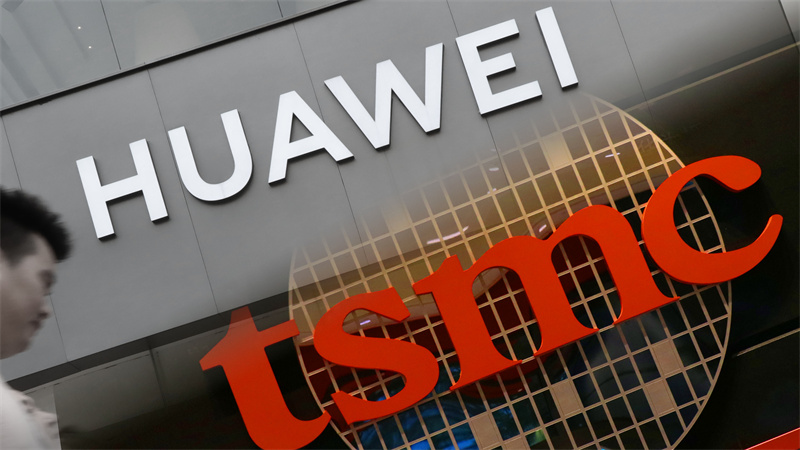Taiwan Semiconductor Manufacturing Company (TSMC) may be hit with a penalty exceeding $1 billion as the U.S. Department of Commerce investigates whether the chipmaker indirectly violated export controls by producing AI chips that ended up with Huawei.
According to sources familiar with the matter, the probe centers on TSMC's business with Sophgo, a Chinese chip design firm accused of acting as a front for Huawei. U.S. authorities suspect that Huawei, barred from working with TSMC since 2020 due to its placement on the U.S. Entity List, passed AI chip designs to Sophgo, which then commissioned TSMC to fabricate them. The chips in question bear strong resemblance to Huawei's high-end Ascend 910B AI processor.
TSMC reportedly grew suspicious after Sophgo submitted a design similar to the Ascend 910B—an advanced AI chip often compared to Nvidia's A100—and alerted U.S. officials. Despite the company's cooperation and whistleblowing, the Commerce Department is weighing heavy fines, potentially twice the value of the transactions under investigation.
TSMC confirmed it has not supplied Huawei since September 2020 and stated it is fully cooperating with U.S. authorities. The company suspended shipments to Sophgo following a teardown of Huawei's Ascend 910B by Canadian firm TechInsights, which revealed a TSMC-made die inside the chip package.

While Sophgo has denied ties to Huawei, both companies are now on the Commerce Department's restricted trade list. U.S. officials, including Commerce Secretary Howard Lutnick, have emphasized tougher enforcement on export control violations. “We have had enough of people trying to make a dollar supporting those who seek to destroy our way of life,” Lutnick said at a recent Washington conference.
The penalty, if enforced, would be one of the largest for an export control breach. For context, Seagate Technology paid $300 million in 2023 for shipping $1.1 billion worth of hard drives to Huawei.
The situation unfolds at a sensitive time for U.S.-Taiwan relations. Last month, TSMC announced plans to invest $100 billion in U.S. chip production, including five new facilities. At the same time, President Trump imposed a 32% tariff on imports from Taiwan—excluding semiconductors—but signaled that chips may be next.
TSMC shares dipped slightly after the news broke, reflecting investor unease amid rising geopolitical and regulatory tension. The Commerce Department has yet to publicly act, but insiders suggest a proposed charging letter could be issued soon, laying out the alleged violations and financial penalties.
+86 191 9627 2716
+86 181 7379 0595
8:30 a.m. to 5:30 p.m., Monday to Friday
